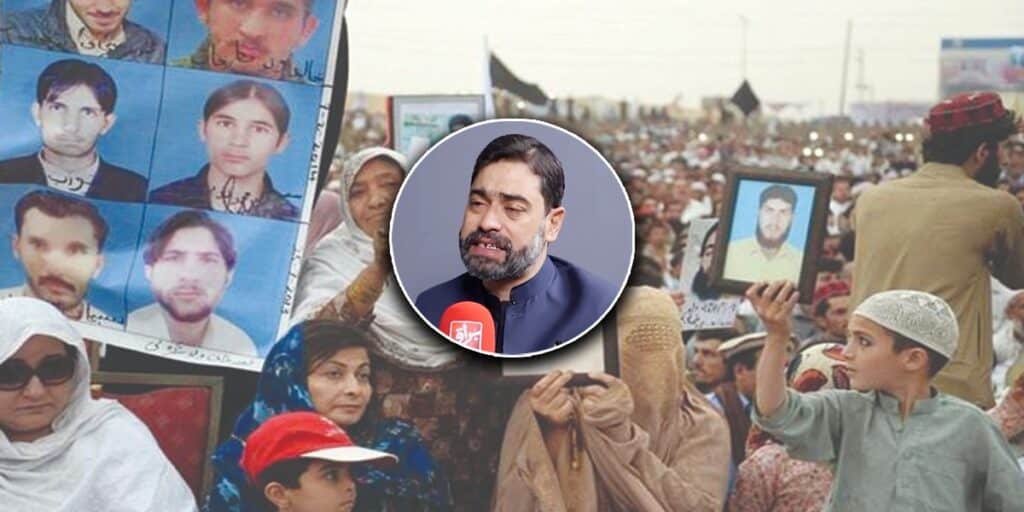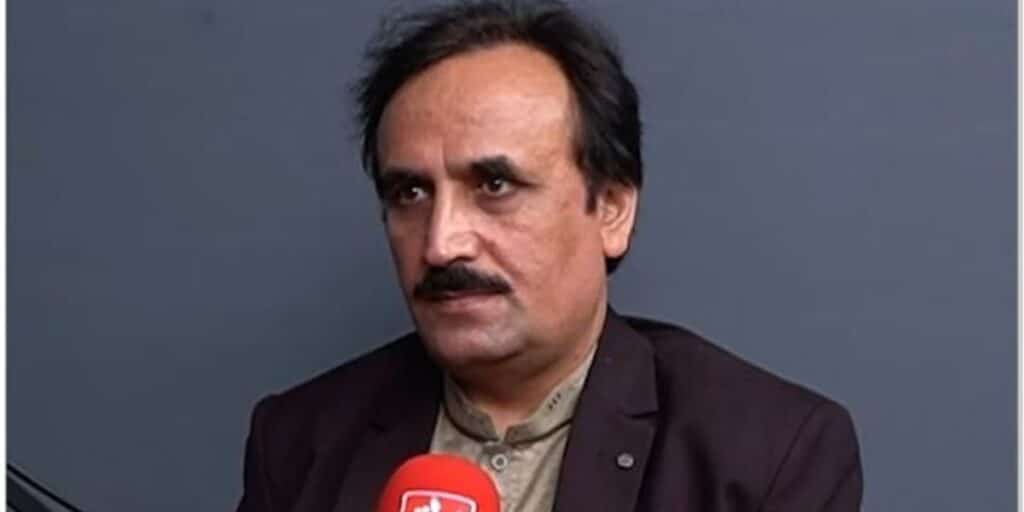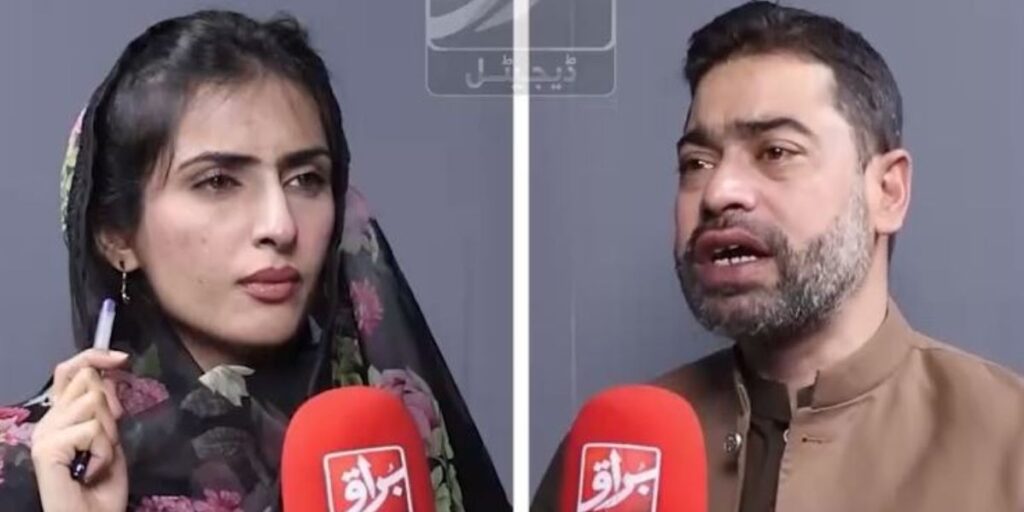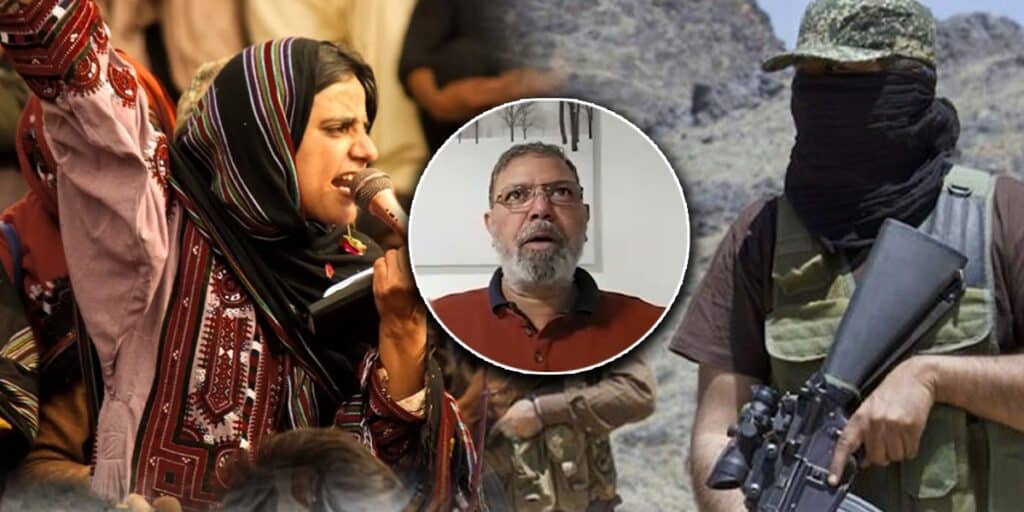Almost daily, we see protests, road blockades, and emotional appeals claiming that certain individuals have been forcibly disappeared by the state. But behind this curtain of victimhood lies a much deeper, more strategic, and politically charged reality.
Let’s ask the fundamental question: Who are these so-called “missing persons”? Are they truly innocent civilians, or are they individuals involved in anti-state activities, trained in foreign camps, and later deployed against Pakistan’s institutions?
Take recent examples—Ehsanullah, Aftab Yousuf Baloch (aka Washin Baloch), and Shahdad. All three were students at prestigious institutions like Quaid-e-Azam University. The state funded their education through scholarships, provided accommodation, and supported their academic growth. But rather than contributing to society, these individuals aligned themselves with separatist and extremist student organisations that propagated hate, most notably the Baloch Students Organisation (BSO).
They used university platforms not for education but for indoctrination—spreading anti-state sentiments and mobilising youth under the pretense of “rights.” Some, including Aftab, allegedly crossed into Afghanistan for militant training, only to return and engage in violent conflict against the very nation that nurtured them. When they die in such confrontations, suddenly their families and supporters claim they were “missing,” seeking public sympathy and international attention.
The real game here is narrative manipulation. These stories are crafted carefully by groups like BYC (Baloch Yakjehti Committee) and certain self-proclaimed human rights activists who are more interested in foreign funding than facts. Organisations like BLA and BYC—many of which have been designated terrorist outfits—deliberately blur the line between “activist” and “insurgent.”
Let’s be clear: missing persons have become a profitable propaganda tool. Families set up protest camps with pictures of alleged victims, but on visiting these camps—often outside press clubs—you’ll find only one or two people present. The real goal is not protest; it’s performance. When foreign journalists or NGO representatives show up, they snap pictures and push narratives to secure further grants and international sympathy.
It’s a tragic irony that while real terror attacks—like the killing of poor laborers in Gwadar or children in Khuzdar—go largely ignored, these staged dramas receive disproportionate media coverage. Why do certain Islamabad-based journalists remain silent on actual terror incidents but obsess over missing persons? Because their relevance, their platform, and even their funding depend on this one-sided narrative.
Let me be candid: I have lived in Balochistan all my life. My family, friends, and social circle have never faced enforced disappearance. Why? Because they are not engaged in anti-state activities. Security agencies do not arbitrarily pick people off the streets. But if someone is involved in espionage, terrorism, or proxy wars—especially on behalf of hostile powers like India or Israel—the state has every right, under the Constitution, to detain or interrogate them.
This is not a matter of “repression”; it is a matter of national defense.
The case of the Chief Minister visiting Gwadar is telling. A young Baloch girl, unable to make her voice heard during a public meeting, was personally invited by the CM to speak and even offered full financial support for her education. This is the real face of the state—supportive, responsive, and inclusive.
Yet such acts of goodwill are systematically erased by those peddling a narrative of state brutality.
We must also address the elephant in the room: the foreign connection. Many of these so-called activists are in direct or indirect contact with India’s proxies. When these educated individuals—some with MPhils and advanced degrees—go abroad, they are approached by hostile agencies, lured by money and promises of status. What starts as ideological grooming ends with them being sent to the mountains as fighters, only to be eliminated in anti-terror operations. And once dead, even their families refuse to acknowledge their involvement.
The most dangerous aspect? These individuals are not simply angry youth. They are assets in a hybrid war against Pakistan. And like any war, the response must be strategic and firm.
I strongly urge the State of Pakistan to take the following steps:
- Immediately blacklist individuals involved in anti-state rhetoric.
- Add them to the Exit Control List (ECL) to prevent them from traveling abroad to fuel foreign propaganda.
- Monitor and track their funding sources, meetings, and associations.
- Suspend their passports and national ID cards.
- Ensure intelligence surveillance not just inside Pakistan but also through diplomatic channels abroad.
This isn’t about suppressing dissent. It’s about neutralizing proxy warfare disguised as activism.
Let us also remember: the international community isn’t as invested as some claim. BBC documentaries and NGO reports don’t define our sovereignty. Even countries like India and the US have tens of thousands of “missing persons,” yet there’s no global outcry. Why? Because their narratives are aligned with national interest, not against it.
To conclude, let’s be honest: this is not a fight for Baloch rights, or education, or justice. It is a fight for dollars. These individuals have sold themselves to foreign agendas for personal gain. But the people of Balochistan are no longer fooled. They see through the lies.
This narrative is collapsing. And it’s time we call it what it truly is—a strategic drama, financed from abroad, and performed in the name of rights and justice, but waged against the soul of Pakistan.
Let the world know: the Pakistani state is not the oppressor. It is the shield. And it will defend itself—with facts, with law, and when needed, with force.





